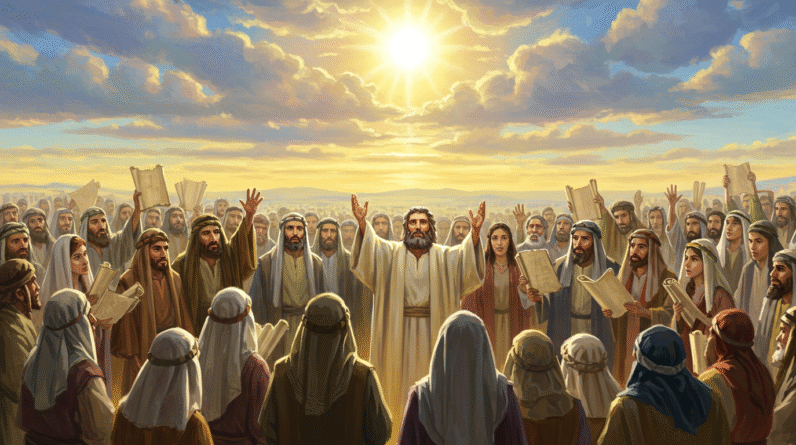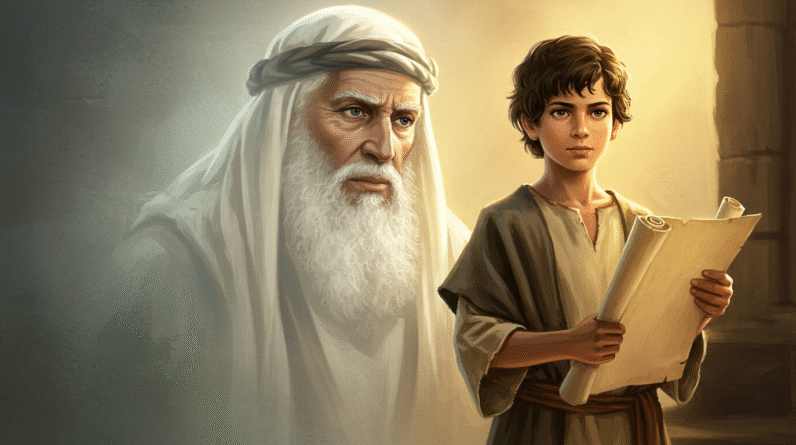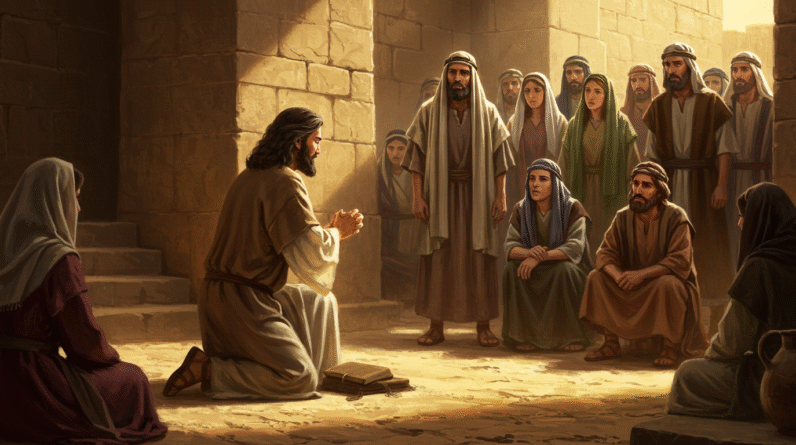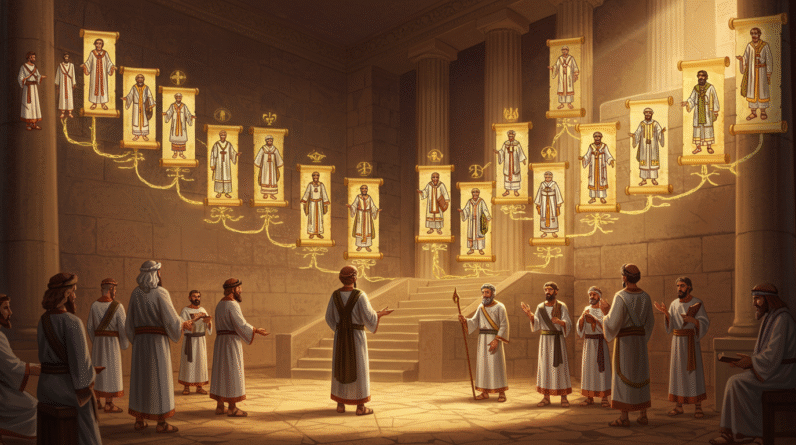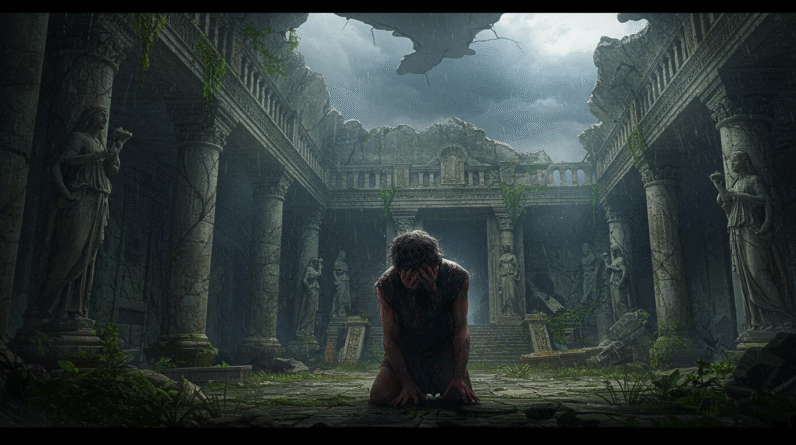Melchizedek: Unveiling the Enigma of the Salem Priest-King
Did you ever stumble upon a character in a story who, despite their brief appearance, leaves a lasting impression, mind boggling and irresistible to contemplate? Well, in the grand tapestry of biblical narratives, Melchizedek is precisely that character—a figure shrouded in mystery, whose legacy echoes through the ages, prompting countless questions and captivating the imaginations of scholars, theologians, and laypersons alike.
Who is Melchizedek?
Imagine a man who seemingly appears out of nowhere—his origins unknown, his destination unseen. Melchizedek is mentioned briefly in the Book of Genesis, yet his presence reverberates through the Old Testament and resurfaces in the New Testament. He is both priest and king, an unusual combination during those ancient times, and his appearance has left many scholars scratching their heads. So who was Melchizedek, and why has he become such an enduring figure of intrigue?
📖 Key Passage from Genesis
The cornerstone of Melchizedek’s biblical presence can be found in the book of Genesis. In this crucial encounter, he offers bread and wine, blessing Abram, the patriarch known later as Abraham. You might find it captivating to read Genesis 14:18-20:
“Then Melchizedek king of Salem brought out bread and wine. He was priest of God Most High, and he blessed Abram, saying, ‘Blessed be Abram by God Most High, Creator of heaven and earth. And praise be to God Most High, who delivered your enemies into your hand.’ Then Abram gave him a tenth of everything.”
This short passage introduces Melchizedek, positioning him as a figure of reverence, wisdom, and spiritual insight, aligning with the divine and cementing his role as a priestly figure. His interaction with Abram suggests a mutual acknowledgment of divine authority and spiritual purpose.
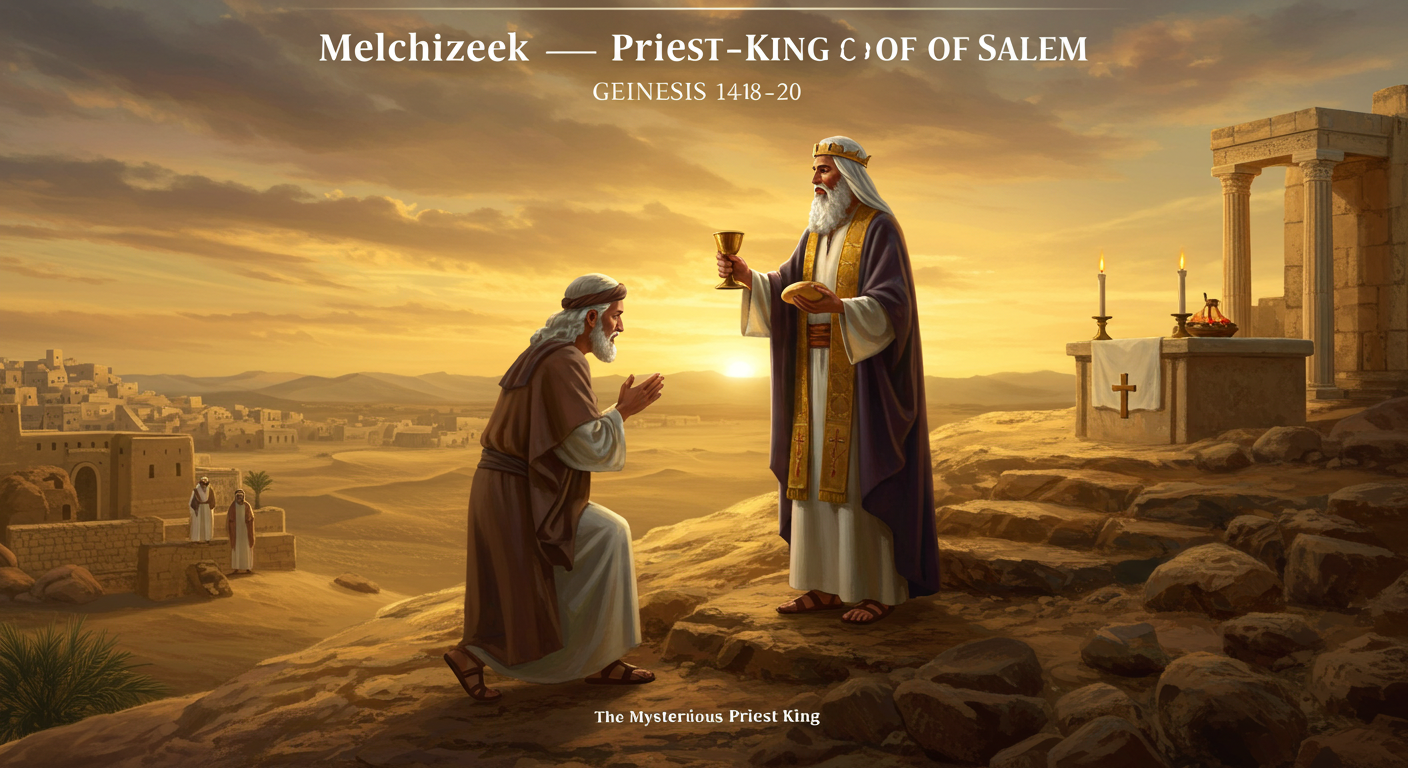
Melchizedek: The Intersection of Priesthood and Kingship
The Dual Role
In the fraught corridors of history, how often do you find a person who embodies duality? Melchizedek embodies both priest and king, and it’s this unique intersection that elevates his narrative. As a king of Salem—a place that many believe would eventually become Jerusalem—Melchizedek exerts political influence. Yet, as a priest of the God Most High, his role transcends politics, tapping into spiritual leadership that acknowledges divine supremacy over human affairs. This dual role is not only remarkable for its rarity but also because it prefigures later theological interpretations.
Legacy in Psalms
Melchizedek’s influence doesn’t end in Genesis. Take a glance at Psalm 110:4, a messianic psalm that declares a priesthood similar to Melchizedek’s, bestowed upon the future king: “The Lord has sworn and will not change his mind: ‘You are a priest forever, in the order of Melchizedek.’” The merging of priestly and kingly authority here predicted a messianic figure, a clear foreshadowing that bridges the Old and New Testaments and point towards a deeper, unfolding divine narrative.
New Testament Interpretations: A Priesthood for All
Melchizedek in Hebrews
If the mere mention of Melchizedek in Genesis is like a spectral whisper, then the New Testament book of Hebrews amplifies his role to a resounding proclamation. The author of Hebrews highlights Melchizedek as a figure who marks a departure from the Levitical priesthood, emphasizing a new covenant that transcends the laws of old. Passages such as Hebrews 7:1-3 are key to this:
“This Melchizedek was king of Salem and priest of God Most High. He met Abraham returning from the defeat of the kings and blessed him, and Abraham gave him a tenth of everything. First, the name Melchizedek means ‘king of righteousness’; then also, ‘king of Salem’ means ‘king of peace.’ Without father or mother, without genealogy, without beginning of days or end of life, resembling the Son of God, he remains a priest forever.”
Here, Melchizedek is depicted as a Christ-like figure, embodying a timeless, universal priesthood—not bound by lineage, but appointed by divine decree. This interpretation speaks to a wider spiritual applicability, encouraging an understanding of priestly teachings accessible to all.
A Universal Symbol
In a more profound sense, Melchizedek represents the concept of spiritual leadership that transcends specific cultural identities, representing a unifying principle that echoes through time, urging readers to find meaning beyond traditional constructs. He’s painted as an eternal figure, whose lack of genealogy underscores an eternal significance—a symbolism that invites believers to perceive spirituality as a lineage they too can belong to.
Reflections: The Perennial Mystery
Parallels and Prophecies
Melchizedek’s presence invites you to draw parallels and discern prophecies about divine intervention in human history. His blessings to Abram signify the recognition of a spiritual covenant, a precursor to the one through Jesus Christ. The mysterious priest-king insists on challenging us, asking whether history’s ebbs and flows hide divine appointments waiting to be unveiled at the right time.
Implications for the Modern World
What does Melchizedek’s ancient story hold for a modern world often lost in tumult and complexity? He challenges the norms, suggesting that true leadership embodies not just political might but spiritual insight. His tale invites you to ponder the all-encompassing nature of spiritual truths guiding us, transcending time, space, and religious borders.
Conclusion: A Timeless Enigma
In peeling back the layers of Melchizedek’s historical shroud, a figure emerges whose quiet importance has never dimmed. Although briefly mentioned, his narrative offers a deep well of insight that scholars and seekers alike continue to draw from. Understanding Melchizedek demands that you accept some uncertainty and lean into the mysteries of faith. Embrace his narrative as more than ancient history—it’s a reflection of life’s ongoing mysteries and a testament to the enduring exploration for deeper truths.
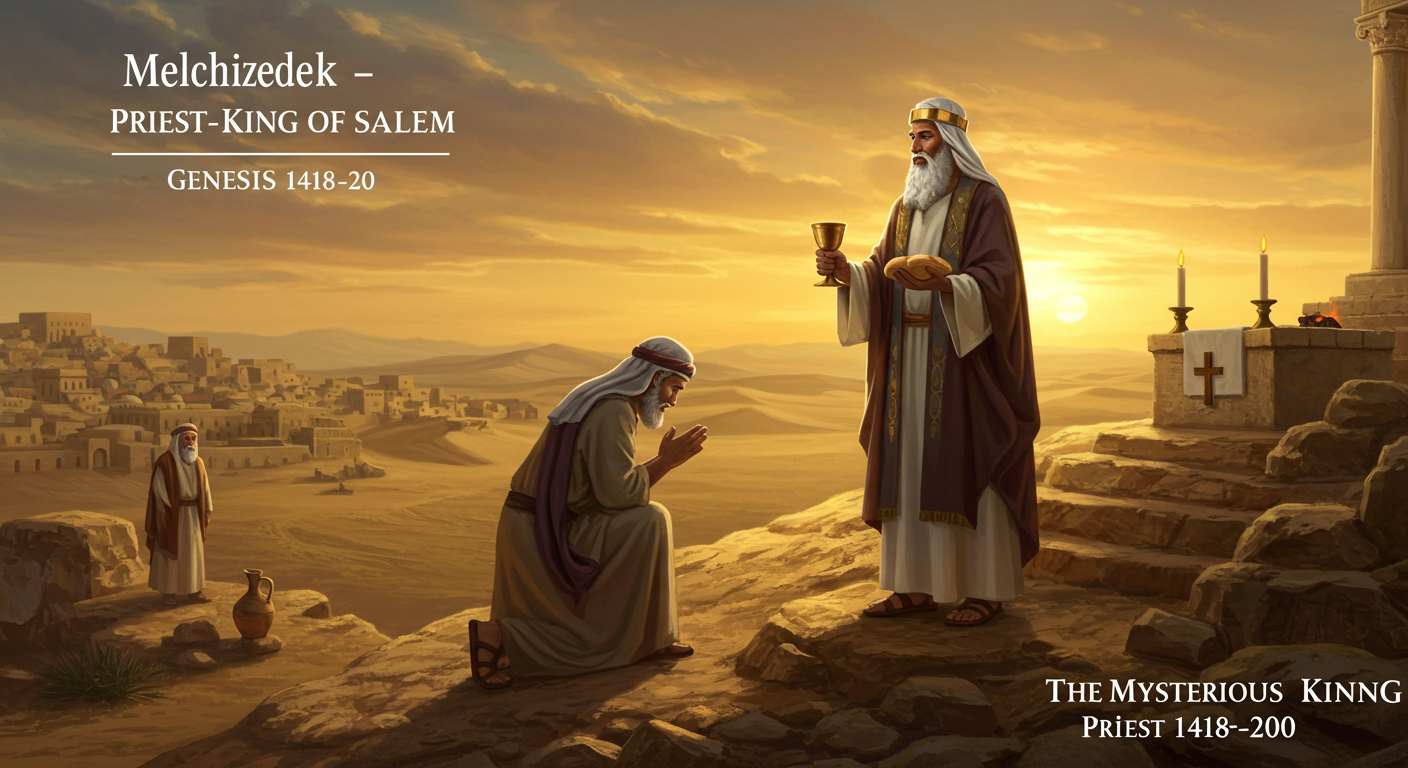
🔍 Explore More Bible Insights:
✅ 1. Serving God by Serving Others
Tone: Practical, inspirational, servant-hearted
🔹 “Live Out Your Faith with These Reads”
✅ 2. The Prayer of Jabez – 1 Chronicles 4:10
Tone: Encouraging, bold faith, personal growth
🔹 “Ask Boldly, Live Fully – Keep Reading”
✅ 3. The Promise of Eternal Life – 1 John 2:25
Tone: Reassuring, hope-filled, theological
🔹 “Secure in Christ – Explore More”
✅ 4. Lessons from the Battle of Jericho – Joshua 6
Tone: Obedience, victory through faith, historical insight
🔹 “Victory Through Faith – Read Next”
As a ClickBank Affiliate, I earn from qualifying purchases.
Acknowledgment: All Bible verses referenced in this article were accessed via Bible Gateway (or Bible Hub).
“Want to explore more? Check out our latest post on Why Jesus? and discover the life-changing truth of the Gospel!”



